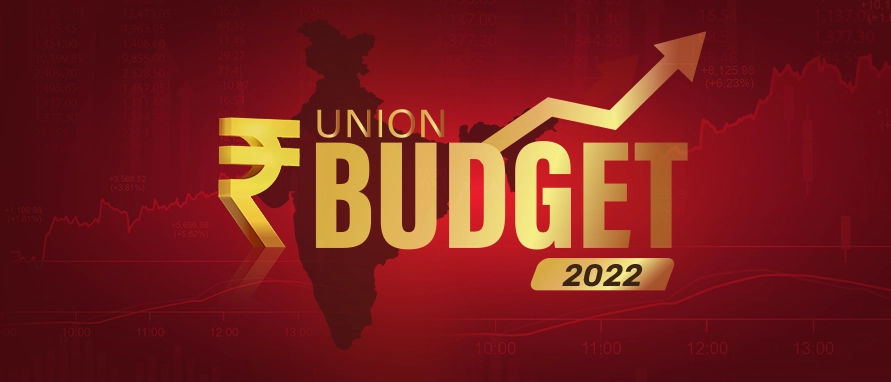1) Limit increase for Health Insurance coming under Section 80D:
As per the Income Tax Act, 1961, the deduction under Section 80D has the limit of Rs 1.5 lakh, and it has been constant for the last 5 years. This deduction addresses the different tax-saving investments/ like Public Provident Fund (PPF), Employee Provident Fund (EPF), housing loan principal repayment, children's tuition fee, National Savings Certificate, etc. An increase in this tax deduction limit to Rs 2 Lakhs in the budget could surely help increase the penetration of health insurance.
The rise in medical expenditure due to the combined effect of Covid-19 and critical illnesses has added to the misery of common people. The higher tax deduction limit against the health insurance plans could surely relieve the lower-income groups. Furthermore, people expected that if GST is exempted on small-ticket insurance products like micro-insurance and sachet products, these products would be affordable and open opportunities for common people to increase their participation in these schemes.
2) Extension of Leave Travel Allowance (LTA) cash voucher scheme:
The Finance Minister proclaimed the Leave Travel Concession (LTC)/LTA cash voucher scheme in October 2020, and it was notified in the Finance Act 2021 to boost the consumer mandate. This scheme extends tax benefits to persons who could not claim the customary LTC tax benefit as they could not travel owing to the COVID-19 travel restrictions.
The said scheme was effective till 31st March 2021, which meant that employees could not claim the benefits after this period despite not travelling. Therefore, people expected the timeline to be extended by two more years (i.e., till 31st March 2023) to help the employees benefit from this scheme.
3) Changes in the tax rates/income slabs:
Presently the tax exemption limit is up to Rs 2.5 lakh per annum for individual taxpayers who are below 60 years of age. This limit is being continued from the Financial Year 2014-15. People speculated that the government would increase this exception limit to 5 lakhs per annum to enhance the net disposable income of the middle class.
This was a big decision that needed consideration of the consequent decrease in the potential number of taxpayers from the income tax return filing obligation. Furthermore, different slab rates under existing and new concessional tax regimes could be re-adjusted to design revised limits. This would boost the progressive tax rate scheme which India has always adopted.
4) Tax consideration for 'Work from Home' expenditures:
The pandemic outbreak made it obligatory for many organisations to implement Work from Home (WFH) policies. This new working style demanded enabling infrastructure like furniture, high-speed internet, computer systems, etc., to be installed at employees' homes to maintain productivity. This expenditure necessitated providing fixed allowances or reimbursements to the employees.
Therefore there was a massive demand to either increase the standard deduction limit for employees working from home or create a new deduction to address the home office expenses. This lump-sum deduction against the home office expenses would support the process of minimum governance and simplify the compliance requirements for taxpayers by reducing the additional paperwork requirements.
5) Raising the standard deduction limit:
The travel allowance exemption and medical reimbursements were waived off for individual taxpayers engaged in salaried employment from FY 2018-19 in place of the standard deduction. To address the issues related to ever-rising medical costs and the rise in fuel costs, people expected the standard deduction to be increased from the existing limit of Rs 50,000 to Rs 1 Lakh per annum. These standard deduction benefits could also be provided to the taxpayers who wish to opt for taxation under the new optional regime.
6) Reduction in GST from 18% to 5%:
The pandemic has taught us that protecting health is of utmost importance; therefore, it's needless to say that health insurance has become more relevant than ever. Therefore, people expected the placement of Health insurance in the essential commodity bracket so that it could be slotted in the 5% GST slab. The reduction in the GST would make it more affordable for citizens to benefit from quality healthcare. You can increase the protection cover of your family by choosing the best-rated health insurance plans available at Bajaj Markets. By selecting the health insurance plans at Bajaj Markets, you can benefit from the best-in-class healthcare facilities available at the hospital network all over India.
Furthermore, the reduction in the GST, from 18% to 5% on all the products coming in the personal lines, would encourage people to buy health insurance in large numbers.
















